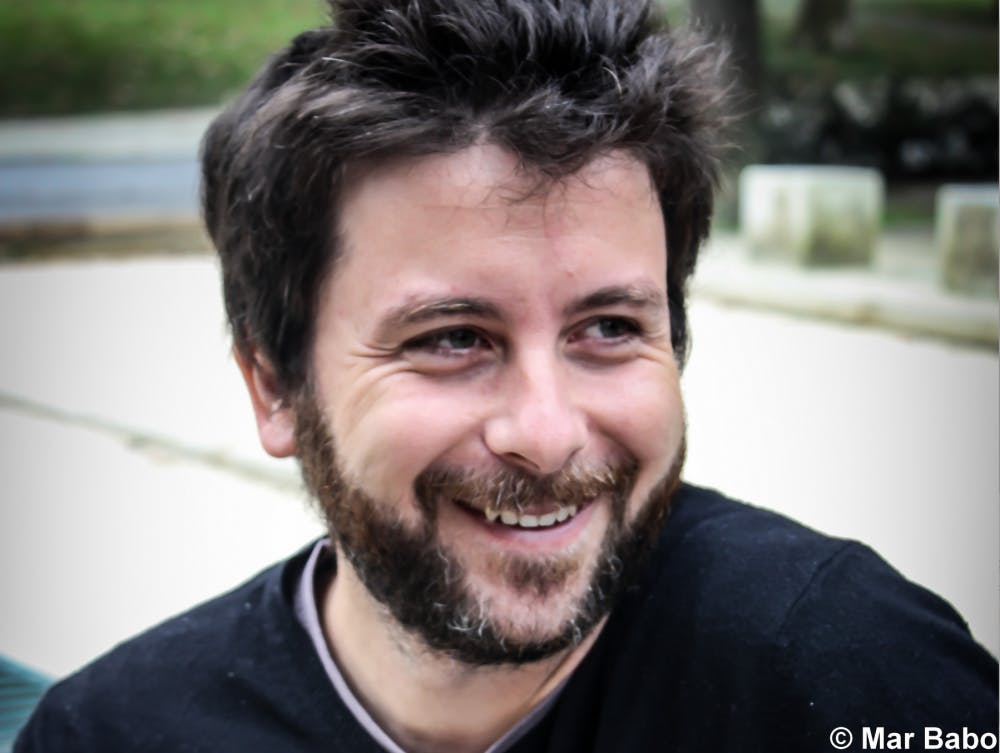CORRECTION: An earlier version of this story incorrectly stated who wrote "The Dutch Maiden." Marente de Moor wrote the novel. The story has been updated with the correct name. The Daily Tar Heel apologizes for the error.
Exposure to European literature can be a rare experience for the average citizen living in the United States, aside from those who seek it out or read it in a college setting. The Center for European Studies is trying to combat this by inviting winners of the European Union Prize for Literature to campus to speak about their work.
Last year, Marente de Moor visited campus and presented her winning novel, “The Dutch Maiden.”
This year, The Center for European Studies and UNC are hosting Portuguese writer, David Machado. Machado won the European Union Prize for Literature in 2015 with his novel, “The Shelf Life of Happiness.”
The European Union Prize for Literature is funded by the European Commission through its Creative Europe program. The Commission acts as the executive branch of the EU and intends to promote international discussion of European art and talent.
There are 36 total member states that participate in the program, and 12 of these nations are eligible to compete every year. This means each nation state may only compete once every three years. The prize is awarded to one individual from each of the 12 nations. The author must be an established author who does not yet have the piece translated into more than three languages, and the piece must be the author’s most recent piece of work.
“I think it’s interesting to try and bring in not just European, but transnational perspective on writing,” Gray Kinnier, one of the organizers of the event, said. “Like a very international idea about literature and translating literature into multiple languages and making it accessible.”
"The Shelf Life of Happiness" is about a man in crisis, Machado said. The idea came to him when he was examining his own life and wondered why he was so happy and content, while others in better situations than himself were not. This gave way to the novel, which features a young man in financial crisis in Portugal who still manages to maintain this feeling of being content with his life.
“This novel, it is about a lot of things,” Machado said. “It is about happiness, of course, and about hope and optimism, but it is also about the crisis in Portugal and in Europe in 2011 and it’s about youth and the way we see our youth in the future.”




